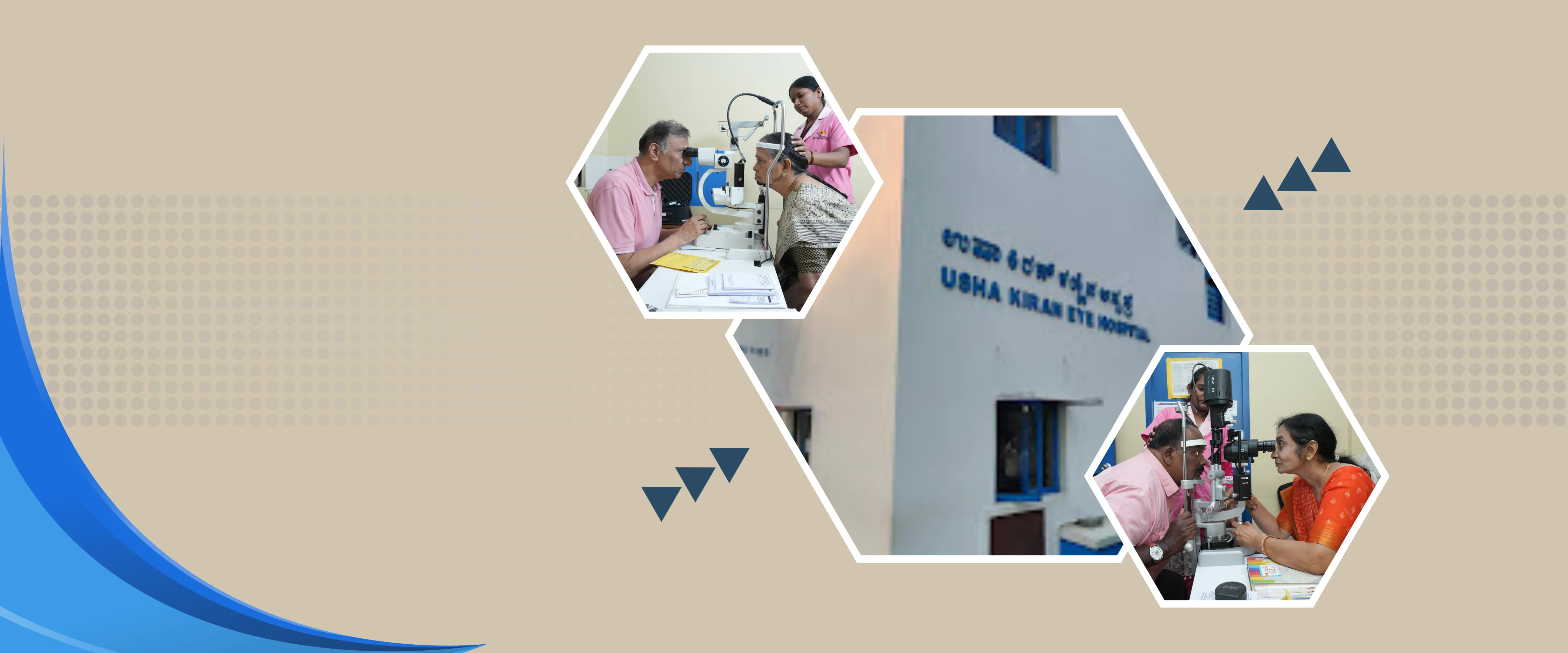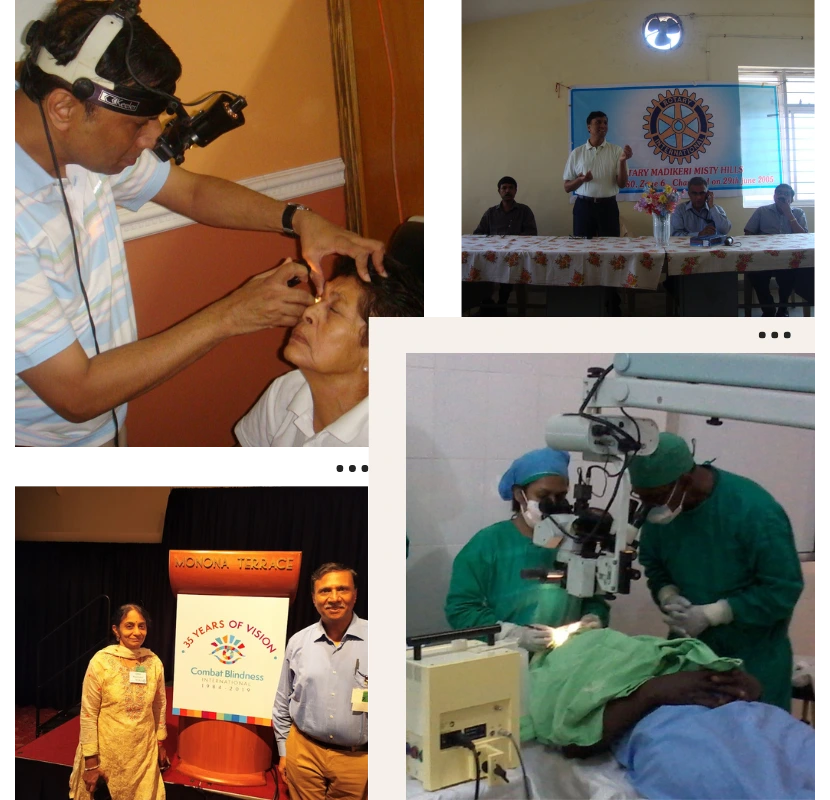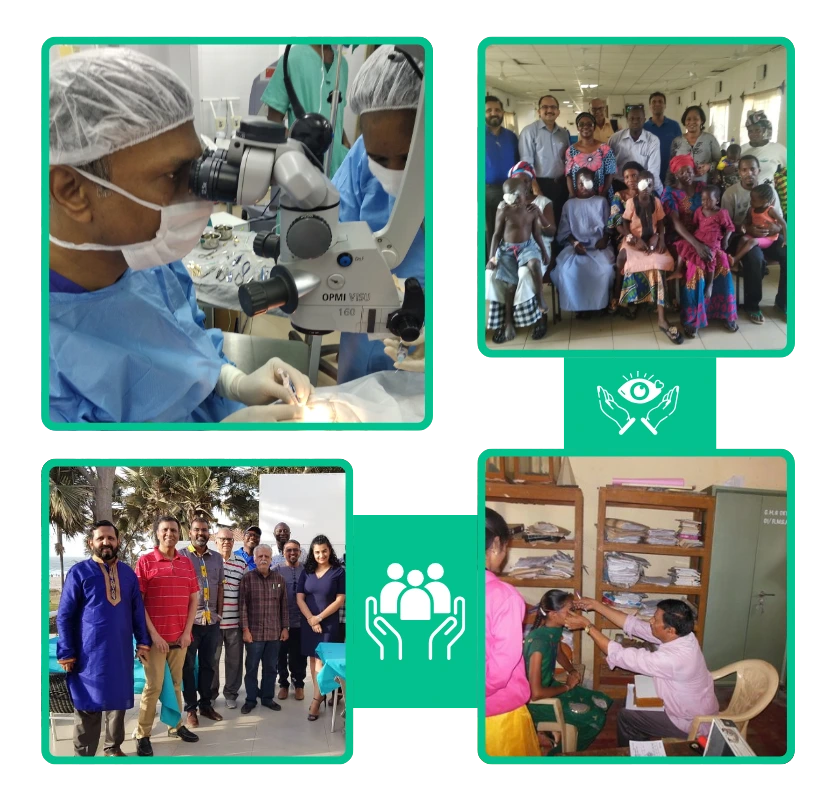Health Tips For your Bright Eyes
The best way to protect your eyes
At Usha Kiran Eye Hospital, we believe that proactive eye care is key to maintaining good vision throughout your life. Here are the top ways you can protect your eyes and ensure long-term eye health:
Wear Protective Eyewear:
If you work with chemicals, power tools, or participate in sports, it's important to wear protective eyewear. These special glasses or goggles are designed to protect your eyes from potential injury and prevent long-term damage.
Maintain Proper Lighting:
Working or reading in poor lighting conditions can strain your eyes. Always ensure that your workspace or study area is well-lit to reduce eye strain and maintain optimal focus.
Follow a Balanced Diet:
Eating a diet rich in nutrients like vitamins A, C, and E, omega-3 fatty acids, and zinc can help maintain eye health. Foods like carrots, spinach, fish, nuts, and citrus fruits are excellent for preserving good vision and preventing age-related eye conditions.
Limit Screen Time:
Excessive screen exposure can cause digital eye strain, leading to discomfort and blurred vision. Take regular breaks, adjust your screen brightness, and maintain a proper distance from screens to protect your eyes.
Stay Hydrated:
Dry eyes can be caused by dehydration or prolonged exposure to air conditioning. Drink plenty of water throughout the day and use artificial tears if necessary to keep your eyes moist and comfortable.
Get Adequate Sleep:
Lack of sleep can cause eye fatigue and dryness. Ensure you get enough rest every night to allow your eyes to recover and function properly during the day.
Avoid Rubbing Your Eyes:
Rubbing your eyes can transfer dirt and bacteria, leading to infections. If your eyes feel itchy, use a clean tissue or consult a doctor for suitable eye drops instead.
Manage Chronic Conditions:
Conditions like diabetes and hypertension can affect your eye health. Regularly monitor these conditions and follow your doctor's advice to prevent complications such as diabetic retinopathy.



